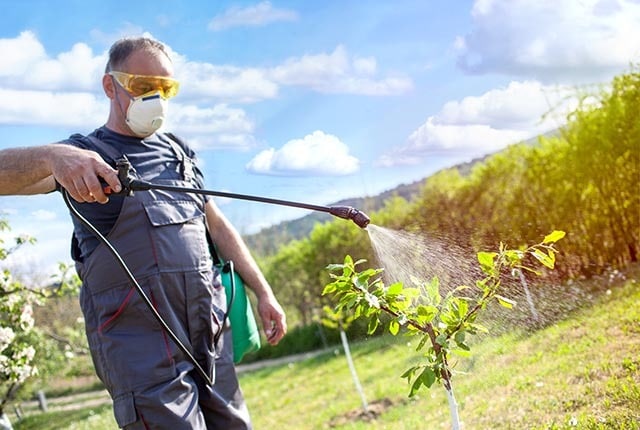Bayer AG settles the majority of the 125,000 pending lawsuits for almost $11 billion while not admitting to any wrongdoing over its product, Roundup. This popular herbicide has been at the center of controversy for the past couple of years over claims that it causes cancer.
The company inherited these problems when it purchased Monsanto two years ago. The issues go back much further with people saying that continual exposure over the long term can lead to cancer. While several agencies, including the US Environmental Protection Agency, say that the herbicide is safe for human use, the World Health Organization labeled it as a probable carcinogen due to the active ingredient glyphosate.
The settlement is the largest of its kind out of court, overtaking the deal made by Merck for $5 billion for the pain medication Vioxx. It also takes care of most the cases that were going to trial. However, Bayer still refuses to make any admission of guilt, saying it still believes that Roundup is a safe product.
Scientific Panel to Weigh In
Bayer plans to continue making and selling Roundup, and it has no plans to add a warning label for cancer to the packaging. The manufacturer has also proposed that a research team be created to determine the safety of glyphosate in Roundup. This is a risky but potentially strategic move to protect the company in the future.
The details for the proposal haven’t been worked out yet, and it must be approved by a federal judge. It is likely that both sides would have to approve to the researchers added to the panel. The research would likely take up to four years. If the results show the product is safe, Bayer would be protected from litigation from people who have been using the herbicide. If the results of the study show that it does cause cancer, it could open Bayer up to more litigation.
The company is willing to pay a significant amount in the research. The funds would go towards any settlement payouts in the future. The results would be binding, and it might resolve once and for all whether it’s safe for people to use Roundup on their gardens, lawns and crops.
This is a case that has been in the public for the past two years. It has had a severe impact on the value of Bayer as stock prices have remained lower for the company. Getting the situation resolved could have a positive outcome for the company, or it could lead to more issues down the road.
Even if a judge approves the proposal, there is likely to be challenges in court. Panels of scientific experts have been built in the past to support a view in mass tort cases. However, they haven’t been part of an agreement in a settlement. While many of these lawsuits have now been settled, it’s safe to say that the case with Bayer and Roundup is far from over.

